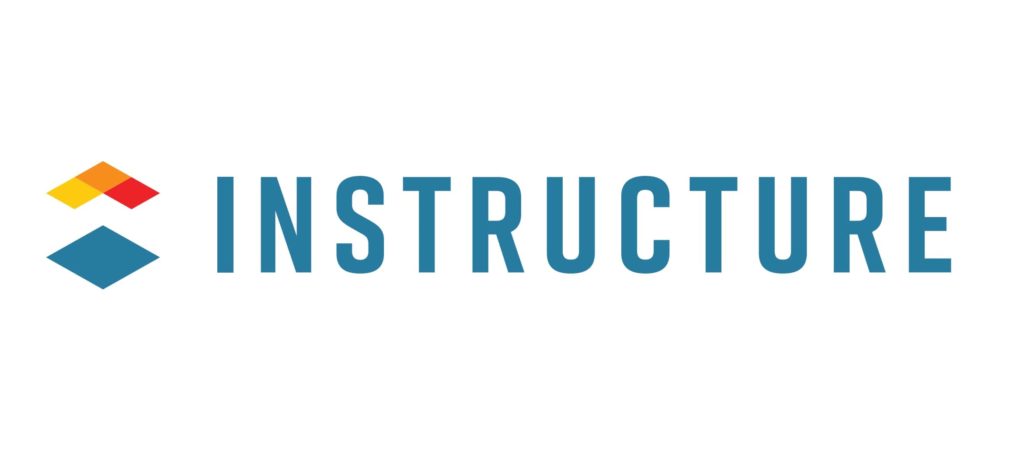Byju’s Lays Off Over 2500 Employees Across Whitehat Jr And Toppr.
Start-up unicorn in edutech in order to aggressively decrease expenses, Byju’s has laid off nearly 2,500 employees throughout its group firms. India’s thriving ed-tech company is going through its most difficult phase ever. After Unacademy and Vedantu, Byju’s, India’s largest and most successful ed-tech company, is struggling to stay afloat. During the covid-induced lockout, WhiteHat Jr stole the spotlight in order to make coding accessible to children. According to a Moneycontrol report citing sources, demand for edtech services has cooled following two years of hypergrowth.
Full-time and contract employees from Byju’s group firms, including Toppr and WhiteHat Jr., were among those thrown off. According to the article, the layoffs have occurred across sales and marketing, operations, content, and design teams.

Toppr alone has laid off approximately 1,200 staff, including 300-350 permanent personnel. Another 300 employees have been asked to resign or have been notified that they would not be paid for the next 1-1.5 months. According to the article, those laid off include approximately 600 contractual staff whose contracts were set to expire in October or November of this year.
The Moneycontrol report said,
“While on June 27 and June 28, Byju’s laid off over 1,500 employees from Toppr and WhiteHat Jr, the two companies it acquired over the last two years, on June 29, it sent out e-mails to nearly 1,000 employees from its core operations teams,”
Source: news18.com
BYJU’s denies the report, calling it misinformation
The corporation denied laying off 2500 workers. They even tampered with MoneyControl’s report. According to Byju’s spokesman, the company is optimizing teams from their group companies in order to realign the company’s business priorities and accelerate long-term growth.
Around 300-350 Toppr permanent employees were laid off, while another 300 were asked to resign or were notified that they would not be paid for around a month and a half.
In addition, 600 contract workers whose contracts were slated to expire in October or November of this year were sacked.
“There are just about 100 employees left at Toppr right now,” stated the person.
A BYJU’S representative dismissed the report’s findings, saying,
“We strongly deny the misinformation presented by Moneycontrol. To recalibrate our business priorities and accelerate our long-term growth, we are optimizing our teams from our group companies. This entire exercise involves less than 500 employees from across Byju’s Group companies.”
Source: thequint.com
This year, renowned Indian start-ups such as Unacademy, Cars24, and Vedanta laid off almost 5,000 staff. In January-March of this year, Ola let off over 2,100 people, followed by Unacademy (over 600), Cars24 (600), and Vedantu (400).
This is the most recent round of major layoffs in the education technology industry in 2022. Vedantu and Unacademy sacked over 2,500 staff earlier this year, and organizations like LIDO learning and FrontRow also laid-off workers.
Apart from that, e-commerce firm Meesho lay off 150 staff, furniture rental start-up Furlenco 200, influencer-led social commerce start-up Trell 300, and OkCredit 40.
Although start-ups are laying off staff for cost-cutting reasons, figures show that overall investment for these new-generation enterprises during January-April this year is nearly the same as last year, and the number of companies raising more than USD 100 million is also greater than last year. However, according to analysts, companies are laying off a personnel to save cash for shoring up profitability, as big-ticket funding is currently decreasing due to the ongoing unpredictable market conditions.
Leading venture capital company Sequoia Capital recently advised founders of its portfolio firms in a 51-page note that the era of being rewarded for hypergrowth at any cost is soon coming to an end, with investors gravitating toward companies that can demonstrate present profitability.

I am a second-year student pursuing Liberal Arts from Nmims. I am a painter, I love reading and have a great interest in cooking. I am also a trained kickboxer. I’ve always had a passion for writing and hence in my free time, I work as a freelance writer.



